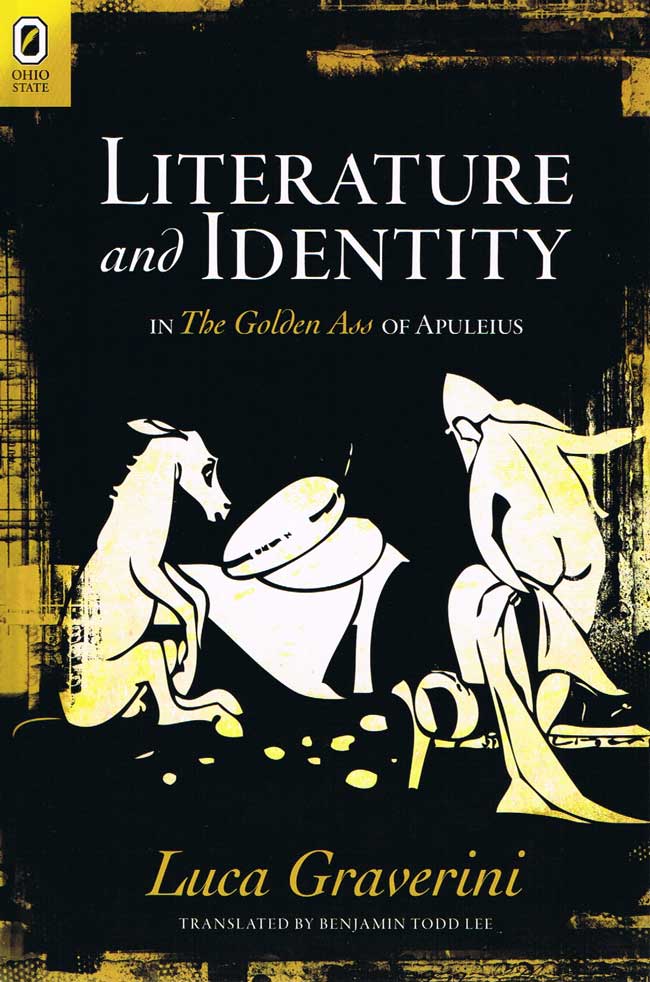Literature and Identity in The Golden Ass of ApuleiusLuca Graverini
|
 7/25/2012 Literary Criticism/Ancient & Classical 239 pp. 6x9  $54.95 cloth 978-0-8142-1191-5 Add cloth to shopping cart $14.95 CD 978-0-8142-9292-1 Add CD to shopping cart Shopping Cart Instructions Review/Change Shopping Cart & Check-out | |||
|
Explore More |
“An English translation of this valuable work will be beneficial to the scholarly world because it addresses the core and most controversial issues in the interpretation of The Golden Ass, which are in the limelight of the academic debate in the English-speaking world.” —Gareth Schmeling, Emeritus Distinguished Professor of Classics, University of Florida “This is one of the most persuasive and interesting interpretations of the novel in the last thirty years.” —Stephen Harrison, University of Oxford Literature and Identity in The Golden Ass of Apuleius is the first English translation of a work published in 2007 as Le Metamorfosi di Apuleio: Letteratura e identità, by Luca Graverini. The second-century CE novel The Golden Ass, or Metamorphoses, has proven to be both captivating and highly entertaining to the modern reader, but the text also presents the critic with a vast array of interpretive possibilities. In fact, there is little consensus among scholars on the fundamental significance of Apuleius’ novel: is it simply a form of narrative entertainment, or does it represent some sort of religious or philosophical propaganda? Can it be interpreted as a satire of fatuous belief in otherworldly powers, or is it an utterly aporetic text? Graverini begins by setting The Golden Ass in its ancient literary context. Apuleius’ playful defiance of generic conventions represents a substantial literary innovation, but he is also taking part in a tradition of narrative and satirical literature that typically featured experimentation with genre. The interplay of generic elements found in The Golden Ass reflects the complexity of the author’s cultural identity: Apuleius was a Roman North African who had traveled widely throughout the Mediterranean and enjoyed an extensive education in both Greek and Latin. Graverini concludes with a study of the complex interaction of these three dimensions of Apuleius’ identity (African, Roman, and Greek), and investigates what the narrative can tell us about the culture of its readership. These cultural interactions affirm that The Golden Ass aims to delight its readers as well as to exhort them to religion and philosophy. Benjamin Todd Lee’s superb new translation will make Graverini’s groundbreaking study available to a much wider scholarly readership. Luca Graverini (website, and on academia.edu) is ricercatore in Latin Literature at the University of Siena, Italy. Benjamin Todd
Lee is associate professor of Classics at Oberlin College. | |||

